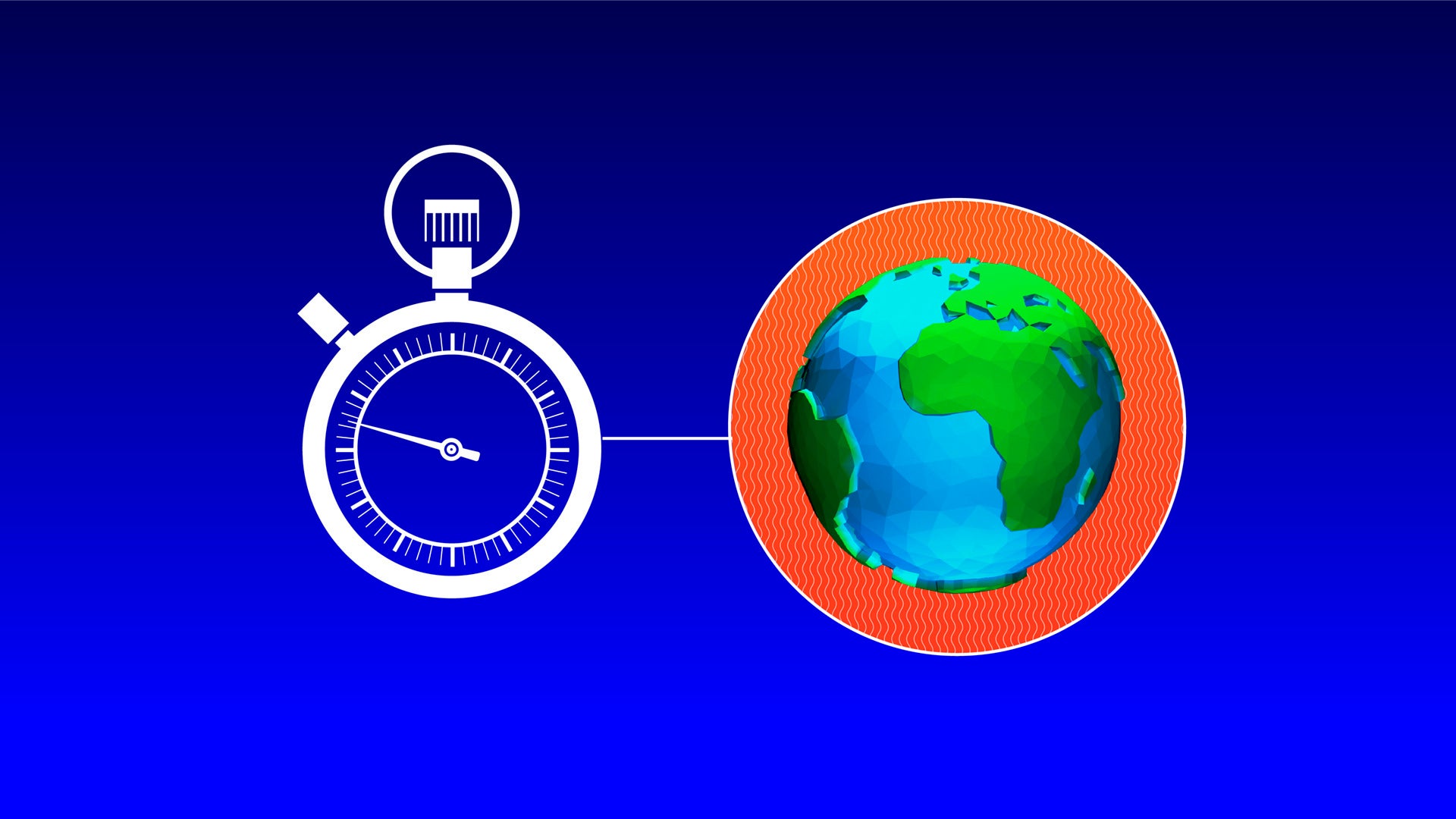Climate Questions: Is it too late to stop climate change?
Global average temperatures have risen and weather extremes have already seen an uptick, so the short answer to whether it’s too late to stop climate change is: yes

Your support helps us to tell the story
From reproductive rights to climate change to Big Tech, The Independent is on the ground when the story is developing. Whether it's investigating the financials of Elon Musk's pro-Trump PAC or producing our latest documentary, 'The A Word', which shines a light on the American women fighting for reproductive rights, we know how important it is to parse out the facts from the messaging.
At such a critical moment in US history, we need reporters on the ground. Your donation allows us to keep sending journalists to speak to both sides of the story.
The Independent is trusted by Americans across the entire political spectrum. And unlike many other quality news outlets, we choose not to lock Americans out of our reporting and analysis with paywalls. We believe quality journalism should be available to everyone, paid for by those who can afford it.
Your support makes all the difference.Global average temperatures have risen and weather extremes have already seen an uptick, so the short answer to whether it's too late to stop climate change is: yes. But there's still time to prevent cascading effects, as every degree of additional warming has exponentially disastrous impacts, experts say.
A 2021 report by the top body of climate scientists provided new analysis of the chance the world has to cap warming to 1.5 degrees Celsius (2.7 Fahrenheit) or 2 Celsius (3.6 Fahrenheit) since pre-industrial times in the coming decades, in line with global climate goals.
Although scientists estimated it's still possible to stay within these limits, they said it would require immediate, rapid and large-scale reductions in greenhouse gas emissions. It’s more likely that global temperature will reach or exceed 1.5 degrees Celsius of warming, the report said.
The 1.5-degree goal is “on life support," U.N. Secretary-General Antonio Guterres has said.
___
EDITOR’S NOTE: This story is part of an ongoing series answering some of the most fundamental questions around climate change, the science behind it, the effects of a warming planet and how the world is addressing it.
___
Without major action to reduce emissions, the global average temperature is on track to rise by 2.5 to 4.5 degrees Celsius (4.5 to 8.1 degrees Fahrenheit) by 2100, scientists say.
And researchers warn that the situation will get very serious before then: Once the 1.5 degrees Celsius threshold is reached, there will be increasing heat waves, longer warm seasons and shorter cold seasons. When the 2 degrees Celsius mark is crossed, critical tolerance levels for agriculture and health will be reached.
But all hope is not lost, they urge.
At the time of the report's release, Friederike Otto, a climate scientist at Imperial College of London, said achieving the 1.5-degree goal “is still possible from a physical science point of view."
"If we reduce emissions globally to net zero by 2040 there is still a two thirds chance to reach 1.5 degrees and if we globally achieve net zero emissions by the middle of the century, there is still a one third chance to achieve that,” she said.
If all human emissions of heat-trapping gases were to stop today, Earth’s temperature would continue to rise for a few decades but would eventually stabilize, climate scientists say. If humans don’t emit any additional planet-warming gasses, then natural processes would begin to slowly remove the excess carbon dioxide from the atmosphere, and global temperatures would gradually begin to decline.
“There is a direct relation between delay and warming, and between warming and risk of what we would call extreme impacts," said Ajay Gambhir, a senior research fellow at the Grantham Institute for Climate Change and the Environment, based at Imperial College London. “ Unfortunately, we’re already seeing all these extreme impacts — whether it’s extreme heat waves, increased risk of crop failures, forest fires or bleaching coral reefs— already happening.”
He added: “The further we delay action on addressing climate change by reducing our emissions, the warmer the world will get.”
___
Follow AP’s climate and environment coverage at https://apnews.com/hub/climate-and-environment
___
Follow Sibi Arasu on Twitter at @sibi123
___
Associated Press climate and environmental coverage receives support from several private foundations. See more about AP’s climate initiative here. The AP is solely responsible for all content.